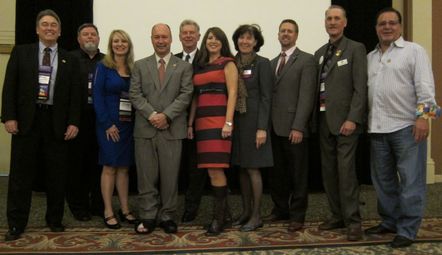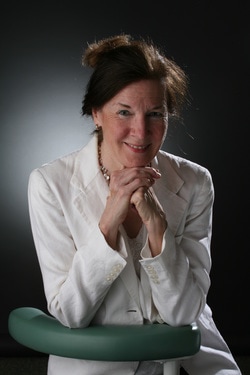Do others in your practice community embrace Early Treatment? |
Dr Chris BakerAmerica's most-trusted teacher of orthodontic continuing education, Dr. Chris Baker has practiced and taught for more than 30 years, and is a current or former faculty member of three U.S. dental schools. She is a pediatric dentist, author, blogger, dental practice consultant, and mentor. Dr. Chris is also Past President and Senior Instructor of the American Orthodontic Society. She is based in Texas, USA, but lectures around the world. Categories
All
Archives
April 2024
Text and images
© 2023 Dr Chris Baker |



 RSS Feed
RSS Feed